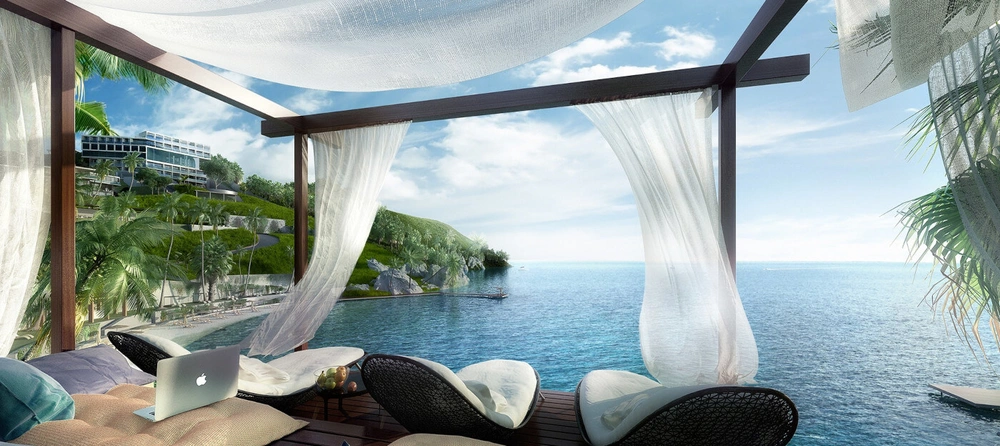
How to provide guests with good WiFi?
Set the access points to work on the farthest channels possible (1, 6, 11 and backwards) to avoid interference from adjacent and common bands of two nearby access points.
The 2.4GHz band is crowded and full of radio communications other than WiFi. The number of devices without 5GHz support is steadily decreasing, but you still need to offer decent WiFi on this band - although you will do without fireworks.
5GHz allows you to design networks with access points operating over shorter distances, which is a big advantage - it makes it much easier to avoid interference between routers. 5GHz also allows you to choose a bandwidth - 20 or 40MHz. It is recommended to use the 20MHz bands, which have more power. This will increase the throughput and provide access to more channels (adjacent access points should not work on adjacent bands). Also, not all devices are able to use 40MHz bands.
For the 5GHz band, it's also a good idea to use Dynamic Frequency Selection (DFS). Part of the bandwidth allocated to WiFi is also used by weather radars, so access points compatible with the IEEE 802.11h standard support DFS to avoid the frequencies used by them (when detected). Please also note that not all WiFi radios are able to receive all channels covered by DFS. DFS regulations apply to both the EU and the US.
It's worth disabling the option to connect at low speeds 1, 2, 5.5, and 11 Mbps (only for 802.11b). This will significantly improve the quality of the network at the cost of blocking very old devices from connecting to WiFi.
Signal strength (RSSI) is not the most important thing. The key is to get a high signal-to-noise ratio - SNR. The better it is, the faster devices can transfer data between each other. Sometimes it may be necessary to... reduce the number of access points to achieve better SNR.
Cheap home routers work well, but at home. These types of devices are too weak to handle the heavy traffic that may occur in larger facilities.
Devices that communicate over radio waves do this best when there are no obstacles between them. Access points (their antennas) should not be hidden.
Nobody likes being logged out without warning after a while. Mobile devices don't handle it well, so social apps and email clients will simply stop working for "unknown reasons". Only an attempt to use the browser will reveal the cause of the problems by displaying the captive portal again with login.
Place access points in the right places - the corridor is a weak place, because the radio signal will have a straight path through the entire corridor, which will lead to mutual interference of individual access points. You need to use either directional antennas directed towards the guest rooms or access points placed inside the rooms.
Do not block VPNs - for security and quality of service.
Reserve an appropriate range of addresses from the DHCP pool for guest WiFi connections.
Don't skimp on your internet service provider - with several hundred guests, you have to reckon with the fact that many of them will want to watch something on YouTube or another streaming platform. This means that you must have a very good Internet access band (and even a failover/load balancer for the additional link). Same with throttling - a buffering video will only annoy everyone.
After implementation - monitor and test. The network may work great at first, but that doesn't mean it will always be that way. Keep your finger on the pulse and monitor the status of your network. Also ask customers if they are satisfied with it - this is your best indicator.